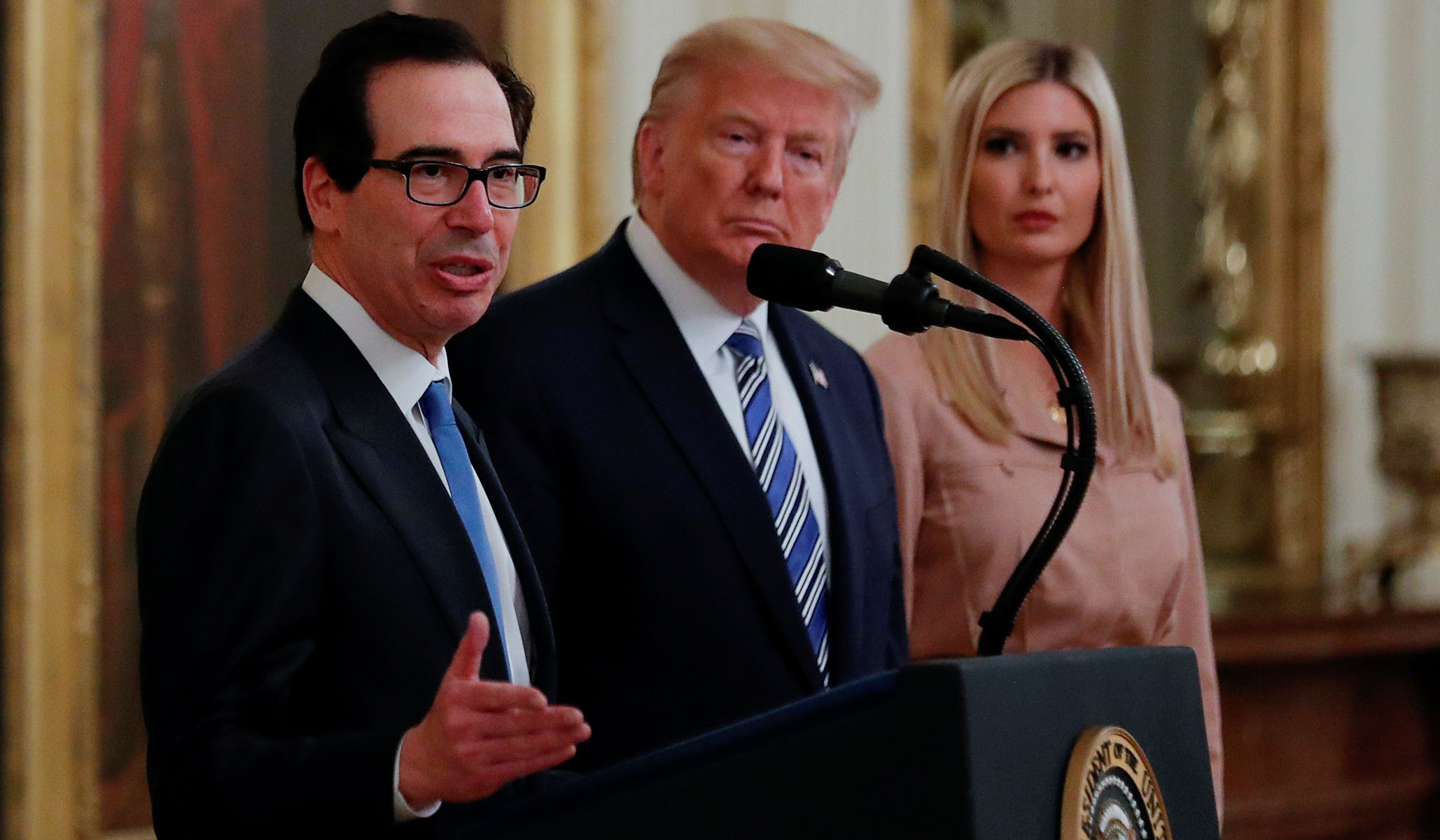


A Tuesday report from the Small Business Administration’s (SBA) internal watchdog explained that over $200 billion of the business loans the agency disbursed during the Covid-19 pandemic went to fraudsters, equivalent to 17 percent of all loans disbursed.
The report represents the first comprehensive estimate of pandemic fraud to date. While the Paycheck Protection Program (PPP) and the Economic Injury Disaster Loans (EIDL) — the two programs the SBA instituted — helped many businesses stay afloat by providing them with easy access to cash, the massive amount of fraud tarnishes each program’s successes. While all government programs suffer some amount of fraud, the amount detailed in these two SBA programs represents the greatest amount of fraudulent activity ever.
The SBA’s Office of the Inspector General (OIG) noted that it recognized from the outset that the agency would face a delicate balancing act of preventing widespread fraud while ensuring timely disbursement of relief. However, as observed by the internal watchdog, the SBA had significant internal control weaknesses, which it failed to redress in a time-effective manner.
“Although we are confident that SBA’s implementation of our recommendations stemmed the tide of fraud, many of the improvements were made after much of the damage had already been done due to the lax internal control environment created at the onset of these programs,” the report explained.
For example, borrowers were allowed to self-certify that their loan applications were true. The SBA also did not use the Treasury Do Not Pay List, designed to keep government money from going to debarred contractors, felons, or people convicted of tax fraud. Tax return transcripts that could have weeded out fraudsters were similarly not looked at.
Many of these measures could have been instituted early on without sacrificing disbursement speed by very much.
In total, OIG issued 77 pandemic-related recommendations, and SBA has taken corrective action to implement 38 of them. There are still 39 open recommendations on which SBA is working to implement corrective action.
“Notwithstanding SBA’s efforts, certain lenders added to the fraud risks by prioritizing quickness and potential profit over a thorough review of applicant eligibility for government aid. For example, we found one lender escalated its loan processing volume from 200 loans per year to almost 500,000 loans per year during the pandemic — without a substantial increase in staff or security measures,” noted the internal watchdog about SBA partners that helped administer these programs.
“The desire for increased profits not only overshadowed their fiduciary duty, but it also resulted in a higher amount of associated fraud in the lender’s portfolio, harmed taxpayers, and compromised the economic aim of the PPP,” the OIG said.
Since March 2020, the OIG’s investigative work has secured 1,011 indictments, 803 arrests, and 529 convictions. That means a significant portion of the pandemic-fraud charges brought by the Justice Department — around 2,230 — were connected to SBA programs.
The EIDL program was implicated in fraud to a greater extent than the PPP program. Thirty-three percent of the funds disbursed through EIDL were subject to fraud ($136 billion). On the other hand, $64 billion of the PPP funds were subject to fraud, or 8 percent of all funds disbursed.
In a letter to the inspector general, Hannibal “Mike” Ware, the SBA disputed the figures in the OIG’s report. “We are concerned that the white paper’s approach contains serious flaws that significantly overestimate fraud and unintentionally mislead the public to believe that the work we did together had no significant impact in protecting against fraud,” wrote Bailey DeVries, acting associate administrator of the SBA’s Office of Capital Access.
DeVries claimed in a letter included in the report there was “a high percentage of false positives” among the OIG’s findings. It also claimed the fraud was dramatically reduced over time, though the inspector general does not dispute this finding.
“We considered SBA’s formal response, and likewise, value the partnering efforts to promote integrity in all its programs; however, we remain confident in our estimates of potential fraud for the COVID-19 EIDL program and PPP,” the inspector general’s office retorted.
Ware will appear before Congress in July to discuss his findings.
